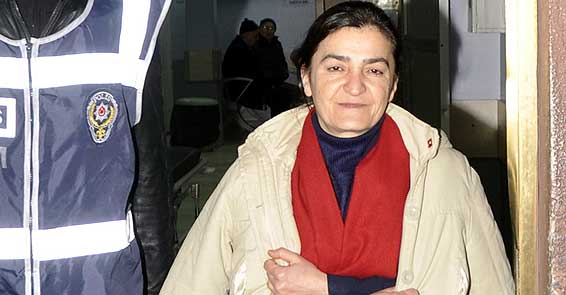Oman’s foreign minister has visited Syrian President Bashar al-Assad in Damascus amid a whirlwind of diplomatic activity to resolve the crisis. Oman is known to play a mediator role in the region.
Omani Foreign Minister Yusuf bin Alawi and Assad talked in Damascus on Monday as regional and international actors mount a new offensive to reach a political solution to the five year civil war.
Syrian state media SANA reported the two discussed “the ideas proposed at the regional and international levels to help resolve the crisis in Syria.”
The visit comes a key states with a stake in Syria’s end game have renewed diplomatic push for a political solution after Russia three weeks ago started an air campaign to bolster the Assad regime against rebels and the “Islamic State.” Iran, Lebanese Hezbollah and Iraqi Shiite militias have also upped their support with ground troops.
On one side are the Assad regime and its main backers, Russia and Iran, who say Assad should have a role in any political transition. On the other are the Gulf States, Turkey and the US, who have all backed Syrian rebels of varying stripes and say Assad must go.
Oman is known as a mediator in an otherwise tumultuous region fraught with crisscrossing rivalries and alliances. The Sultanate, a member of the Gulf Cooperation Council (GCC), has maintained good relations with Iran and never broke diplomatic or political ties with Syria as did its Gulf Arab neighbors.
Oman played a key role as a mediator in Iran’s nuclear talks, has tried to bring an end to conflict in Yemen, and secured the release of a French hostage in Yemen. The country is known to be a trusted mediator by US Secretary of State John Kerry.
Alawi’s visit brings up the prospect the country is trying to bridge differences between Assad and his backers, and the GCC and rebels seeking his ouster.
Syria’s foreign minister last traveled to Oman to meet Alawi in August, while the head of the Syrian political opposition was in Muscat earlier this month.
Flurry of diplomatic activity
Kerry and his Russian counterpart Sergei Lavrov talked on the phone again on Monday for the third time in as many days after meeting in Vienna last Friday with the foreign ministers of Turkey and Saudi Arabia.
Kerry said after the meeting in Vienna the sides would try to meet again this Friday. Russia would like regional actors Egypt, Jordan, Qatar, the United Arab Emirates and Iran included in future talks, but the Saudis have balked at sitting down with their regional rival, Tehran.
Saudi Arabia’s foreign minister in Egypt on Sunday said the Syria talks have moved the sides closer but that important differences remains, not least of which is the Saudi view Assad needs to step down.
On Monday, Russian President Vladimir Putin phoned Saudi King Salman to discuss the Syria crisis. That calls comes two days after Kerry was in Saudi Arabia visiting the King.
Besides bridging differences between all the states and rebel actors, much of the diplomatic talks are centered around the future of Assad, who for the first time during the civil war left the country last Tuesday to meet Putin in Moscow.
That visit, while condemned by Washington, launched speculation over Assad’s future, Russia’s clout over the regime and what moves the parties would make next.
Lavrov, in an interview on Saturday, in an apparent shift in policy mentioned the possibility of holding elections and reaching a political solution with all Syrians at the negotiating table, a suggestion that was categorically refused by Syrian rebels, who said Russia must stop bombing them and Assad must first step down.
Meanwhile, Assad reportedly told a Russian delegation on Sunday that elections could be held once all terrorist organizations had been “eradicated.”
cw/jil (Reuters, AFP, dpa)




